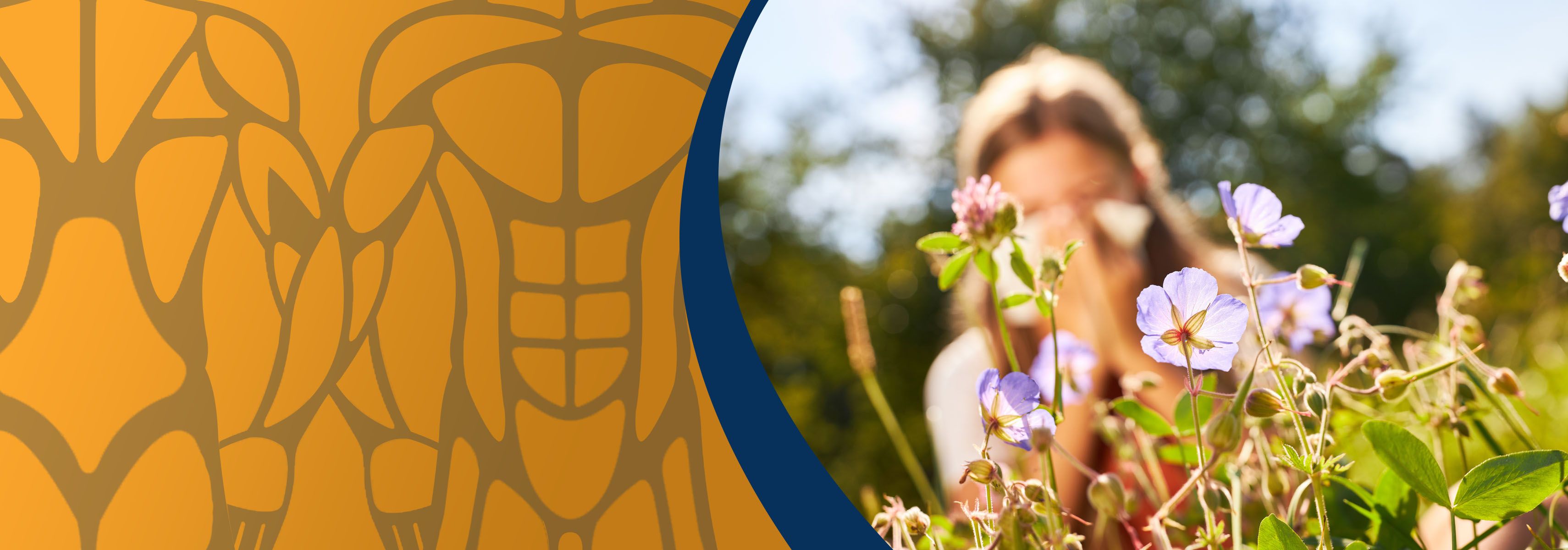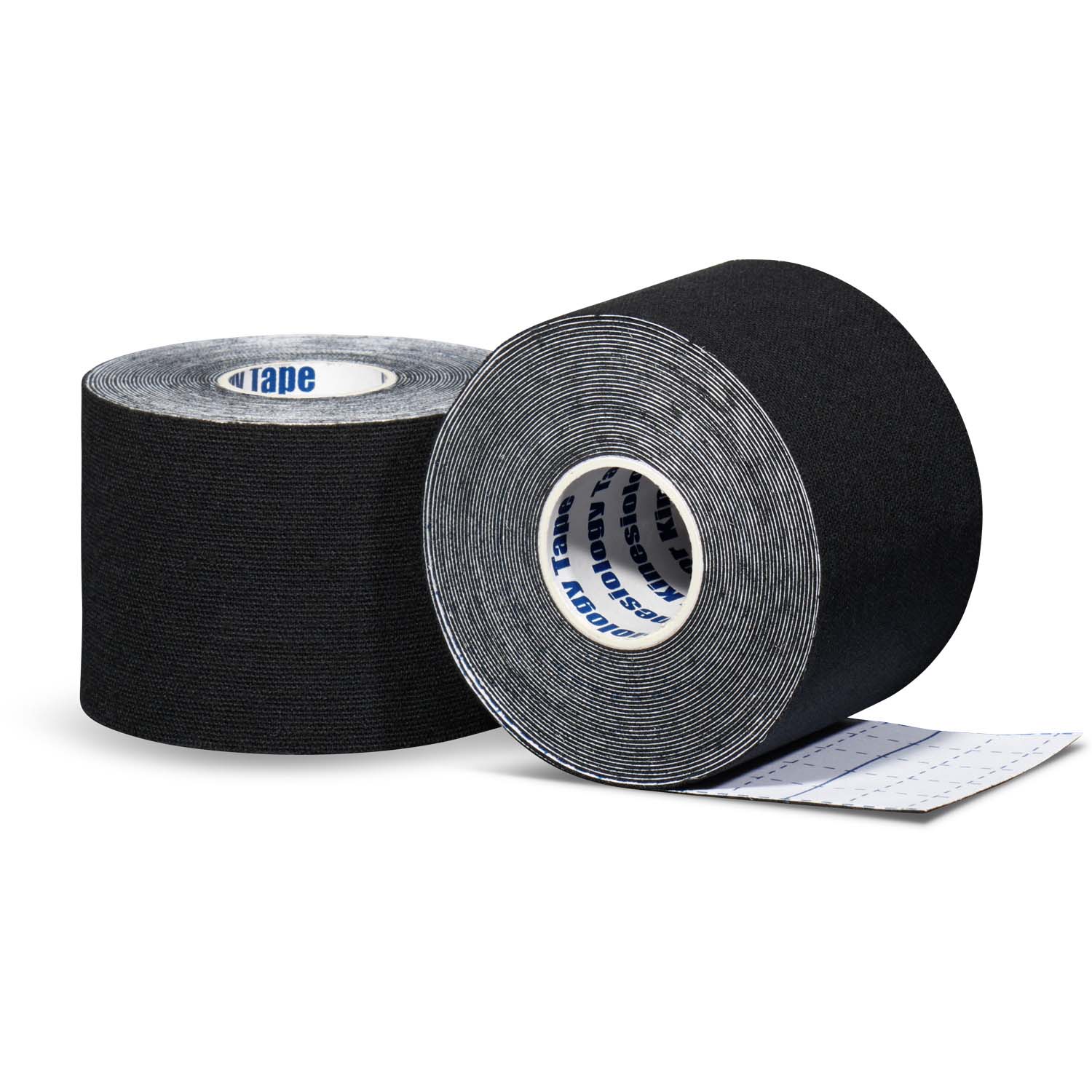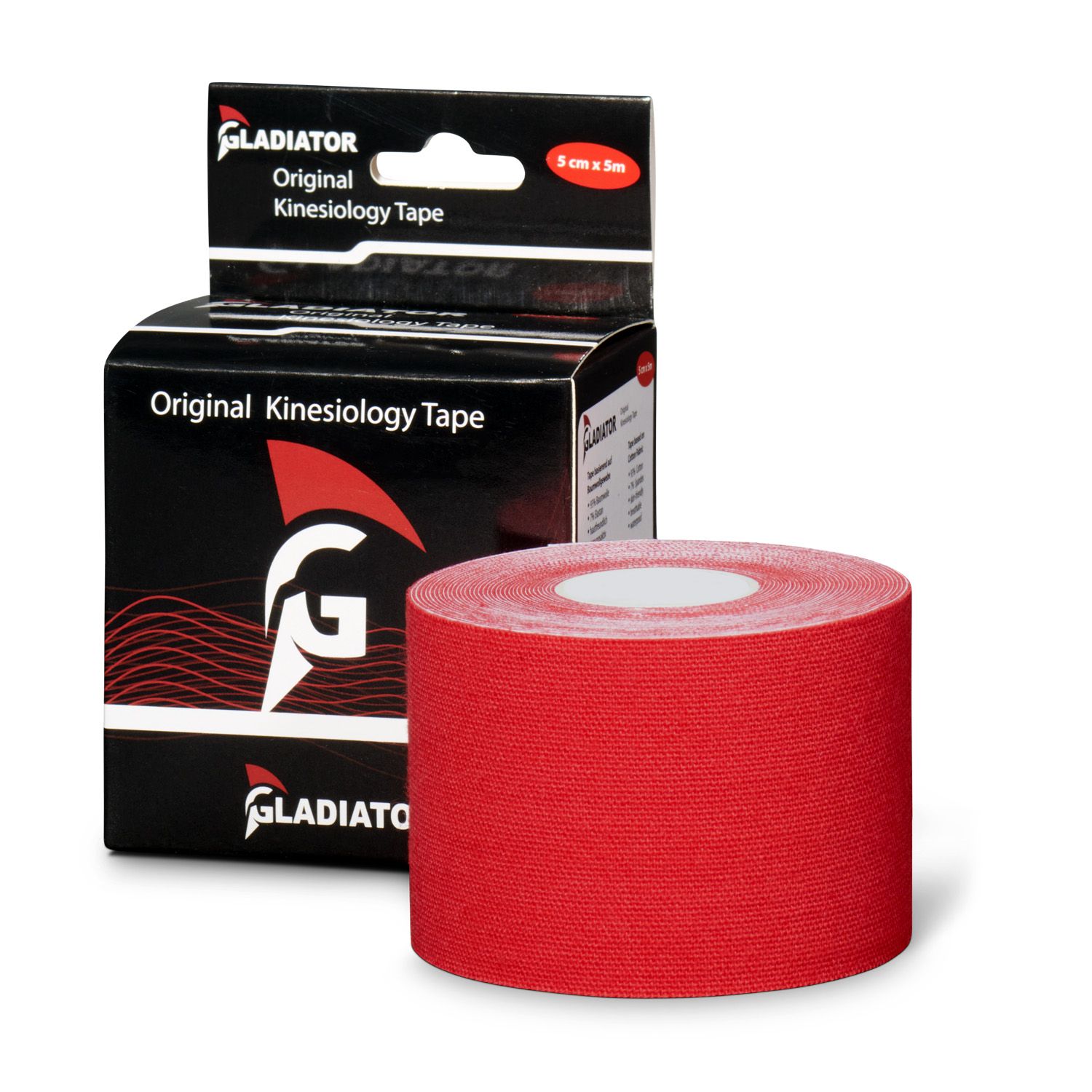Hay fever season has unfortunately started again. Although you can get hay fever symptoms all year round, for most people the symptoms start in spring. The most common symptoms are sneezing, an itchy nose, runny or stuffy nose, fatigue, shortness of breath, sore throat and coughing. Sometimes people even experience a flu-like feeling. For many people, these symptoms are a serious hindrance during activities of daily life. Especially when exercising or walking outdoors, you may experience (severe) shortness of breath symptoms. Fortunately, there are several things you can do in your fight against hay fever. We list them for you below!
What is hay fever?
Hay fever is an allergy to pollen from certain plants, grasses and trees in bloom. Pollen, float in the air and can cause a hypersensitive reaction of the eyes, nose and airways when you come into contact with it. This causes annoying symptoms such as itchy eyes, a stuffy nose and frequent sneezing.
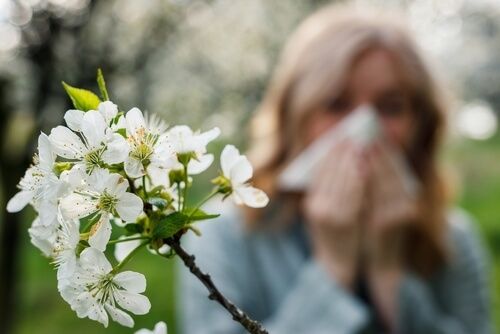
Effective tips against hay fever
Unfortunately, hay fever can limit you considerably. There are a number of tips you can follow to minimise your symptoms. We list them for you below.
Keep an eye on the weather forecast
The weather forecast always has a separate headline or section telling you how the pollen is doing on the following day. It won't always be possible, but you can take this into account when planning (outdoor) activities. Do you still need to go outside while a high pollen alert has been issued? Then go outside in the morning or in the evening. The amount of pollen is fairly limited in the calm atmosphere at this time of day.
Medical taping
Medical taping is successfully used to drastically reduce hay fever symptoms! Moving kinesiology tape to specific points on the body reduces pressure and improves blood circulation. The tape has a relaxing effect on the lungs, reducing allergic reactions to the nose, eyes and lungs.
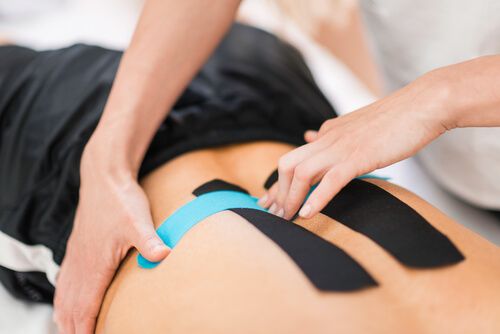
Keep windows and doors closed
When you want to ventilate your home, preferably do it very early in the morning or after a refreshing shower. Make sure there is no draft in your home. Air drafts can easily bring pollen into your house. Do you like having the door open all day anyway? Then consider a pollen screen. This is a special screen that makes sure less pollen can get in.
Keep your bedroom pollen-free
There are several things you can do to keep your bedroom pollen-free.
- Take a shower before going to bed. Also wash your hair thoroughly so that all the pollen is off you before you get into bed.
- Take off your clothes before walking into your bedroom. Your clothes are full of pollen at the end of the day, and you can easily take them into the bedroom.
- Vacuum your room regularly and change your bedding more often than usual.
- Leave the window closed when the wind blows towards the window.
Natural protection
Wearing sunglasses is recommended to protect your eyes from the irritation caused by pollen. Smearing Vaseline on the inside of your nose and around your eyes also offers excellent protection. Be careful not to rub your eyes! If you do, you will rub the pollen in further. Instead, use a wash cloth or rinse your eyes carefully at the tap.
Use of medication
If the above-mentioned tips do not help (enough), you can visit your GP to discuss taking medication. These include antihistamines, nasal sprays and eye drops, which can help relieve hay fever symptoms.
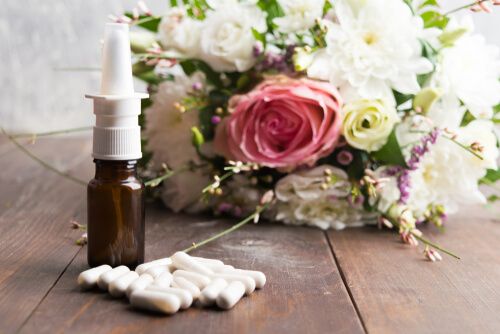
Need more information?
Do you still have questions after reading this article? Then don't hesitate to contact us. Our customer service consists of a team of specialists who can answer all your questions and are happy to help. We can be reached by phone, email and live chat.




